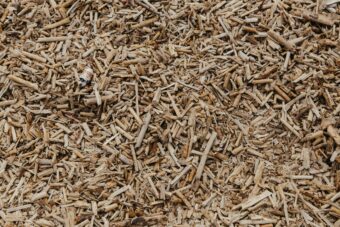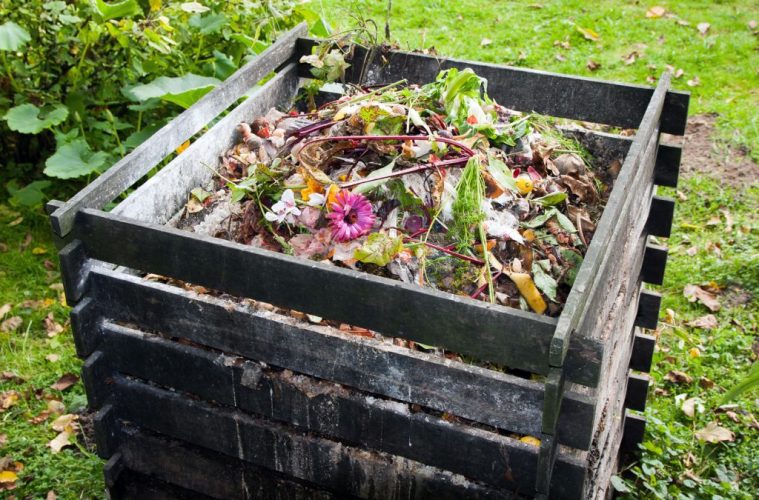Garden waste is often viewed as being no-use garbage that should be disposed of when doing one’s regular cleaning.
From rice grains to the withered leaves that fall onto the ground during the change of seasons – and to the decaying fruit peels that are disposed of after indulging in their pleasurable tastes – all of these serve a purpose in turning your backyard into one of the most beautiful gardens.
The reason for this is that this can either be used as compost or as a component in other fertilizers, which you can use to benefit either your garden or any residential projects that result in the development of green waste.
Here is a list of mindful ways that you can use garden waste:
Make leaf molds
The Permaculture Research Institute – a publication specializing in education, research, and training – describes this as being an ideal way of growing a strong healthy garden by recycling garden waste.
The process involves gathering large amounts of fallen leaves and allowing them to decay in a designated bin or plastic bag over a certain period. It is said that this process does not require too much intervention, instead, it is nature that takes its course. After these leaves have decomposed, this will then turn into a leaf mold, and become a perfect soil conditioner.
“This product enriches your garden soil by improving its structure and increasing its ability to retain water. Ultimately, it boosts your plants’ health while reducing waste, exemplifying eco-friendly gardening,” explains the above-mentioned publication.
Wood Chippings

Wood Chippings are not just excellent for plant life but are also known to be pleasant on the eye, especially when used in the garden. Chippings are often found after homeowners have begun pruning their trees.
The exceed offcuts of the branches can then be shredded and spread across your lawn, this prevents wheat growth retaining soil moisture, and moderating soil temperature. Alternatively, this can be used as a natural material for creating garden paths providing a pleasant experience for your guests.
Kitchen Scrap Fertilizers
Like that of the leaf molds, you could also produce your own fertilizer using the peals of fruits and vegetables, place all of these in a bag and allow it to decay before adding it to your soil, this has an abundant of benefits. Some of these include providing several nutrients that improve the strength, and appearance of your plants.
“Vegetable peels such as green leftovers, citrus rind, broccoli stalks and potato peels have nutrients that, when added to the soil of your garden, can provide vitamin A and C to your plants,” explains Lifestyle publication – How Stuff Works.
ALSO SEE: 8 TIPS FOR MORE MINDFUL OUTDOOR LIVING
Feature image: Pexels
Article originally written by Sergio Miller for BONA Magazine.

